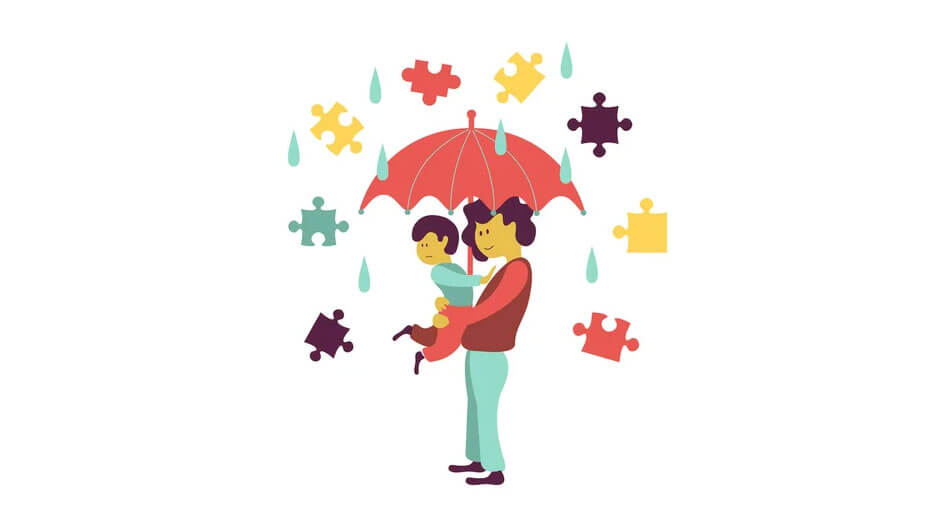Children Autism Issues

~Dr. Raghav Thukral
What is autism spectrum disorder in children?
Autism spectrum disorder (ASD) is a problem that affects a child’s nervous system and growth and development. It often shows up during a child’s first 3 years of life.
Some children with ASD seem to live in their own world. They are not interested in other children and lack social awareness. A child with ASD focuses on following a routine that may include normal behaviors. A child with the disorder also often has problems communicating with others. He or she may not start speaking as soon as other children. He or she may not want to make eye contact with other people.
ASD can keep a child from developing social skills. This is in part because a child with ASD may not be able to understand facial expressions or emotions in other people. A child with ASD may:
- Not want to be touched
- Want to play alone
- Not want to change routines
A child with ASD may also repeat movements. This might be flapping his or her hands or rocking. He or she may also have abnormal attachments to objects. But a child with ASD may also do certain mental tasks very well. For example, the child may be able to count or measure better than other children. Children with ASD may do well in art or music, or be able to remember certain things very well.
What causes ASD in a child?
Experts don’t know what causes ASD. It may be caused by certain genes. A child with ASD may also have problems with their brain structure or with certain chemicals in the brain. Researchers do know that ASD is not caused by what a parent does to raise a child. It is also not linked to any vaccines given to children.
Much less often, other things that may cause ASD include:
- Being exposed to toxins in the environment before or after birth
- Severe infections such as meningitis or encephalitis that result in brain damage
- Problems during delivery
- Infections before birth
Which children are at risk for ASD?
ASD occurs in all racial, ethnic, and socioeconomic groups. The disorder happens much more often in boys than girls. Four to 5 times as many boys as girls have ASD.
Certain gene disorders that run in families can raise a child’s risk for ASD. These include:
- Fragile-X
- Phenylketonuria (PKU)
- Neurofibromatosis
- Tuberous sclerosis
- Chromosome problems
Your child may need genetic testing to help find out if another problem has contributed. The testing is done by a medical geneticist. This is a healthcare provider with special training in genetics and inherited problems. They can let you know the chances of having another child with the gene problem. For example, PKU carries a 1 in 4 chance of happening in another pregnancy. For tuberous sclerosis, the chances are 1 in 2.
Even when no gene problem is found, you are at a slightly higher chance of having another child with ASD. Experts think this is because several genes from both parents may act together to cause ASD.
What are the symptoms of ASD in a child?
Each child may have different symptoms. Below are the most common symptoms of ASD.
Social symptoms
- Has problems making eye contact with others
- Has problems making friends or interacting well with other children
Communication symptoms
- Does not communicate well with others
- Starts speaking at a later age than other children or doesn’t speak at all
- When the child is able to speak, doesn’t use speech in social settings
- Repeats words or phrases (echolalia) or repeats parts of dialogue from TV or movies
Behavior symptoms
- Does repeated movements, such as rocking or flapping fingers or hands
- May be too sensitive or less sensitive to certain things around him or her, such as lights, sounds, touch, or taste
- Has rituals
- Needs routines
The symptoms of ASD may look like other health conditions. Make sure your child sees their healthcare provider for a diagnosis.